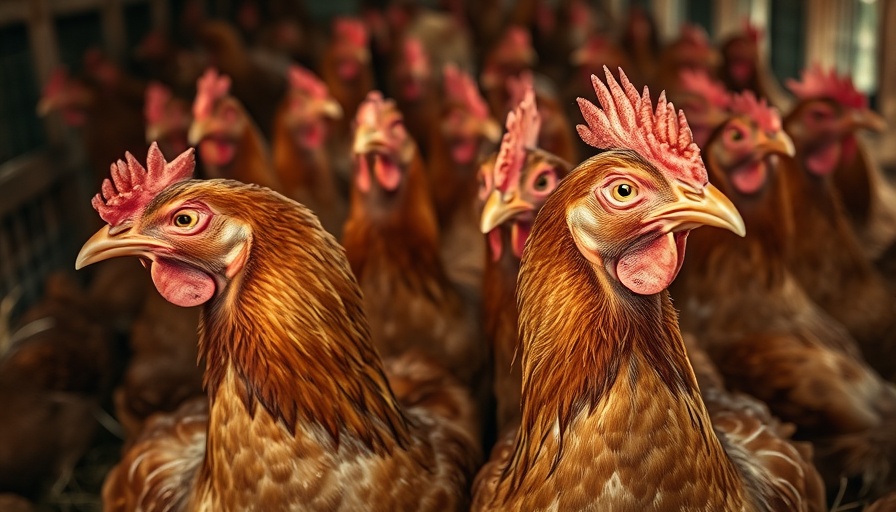
The Ultimate Guide: What to Feed Wild Birds in Summer
As summer settles in and birds begin to flock to our backyards, the challenge lies not just in feeding them, but in feeding them right. Knowing what to offer can turn your yard into a summer haven for vibrant birds like orioles, finches, and robins. With just a few strategic choices, you can provide the best experience for our feathered friends. Let’s break down how to meet their dietary needs this season.
Must-Have Bird Foods for Summer
The cornerstone of any bird feeding plan is high-quality seed. Black oil sunflower seeds stand out as the go-to choice. Packed with fats and proteins, they attract a wide variety of birds and can be offered in various feeder types. Alongside sunflower seeds, Nyjer seeds, especially loved by goldfinches, make great companions due to their high value and minimal mess.
Fruits to Lure in Colorful Visitors
Adding fresh fruit to the menu will enhance your yard’s appeal. Fruits like oranges and bananas not only attract orioles and tanagers, but they also provide essential hydration and vitamins for birds during hotter months. Pairing fruits with a fruit feeder ensures that these offerings are both accessible and hygienic.
Protein-Packed Mealworms: The Summer Superfood
During the breeding season, mealworms are a crucial source of protein for parents feeding their young. Dried or live, these little wrigglers offer essential nutrients and can be a crowd-pleaser for bluebirds and wrens. Introducing mealworms into your feeding strategy is a surefire way to draw more birds in and keep them coming back.
What to Avoid: Keep Your Feeders Healthy
It's equally important to know what to exclude from your bird feeding regimen. Dismissing moldy or stale seeds, bread, and junk food can save birds from potential health hazards. Spoiled fruits also should be kept at bay to maintain a safe, clean feeding environment.
Conclusion: Creating a Bird-Friendly Environment
Feeding wild birds in summer is more than just a straightforward task; it involves understanding their specific needs and preferences. By balancing nutritious seeds, fresh fruits, and quality protein options, you can transform your yard into an avian paradise. This summer, let’s ensure our bird friends are well-fed and happy, enticing them to return time and again.
 Add Row
Add Row  Add
Add 




Write A Comment